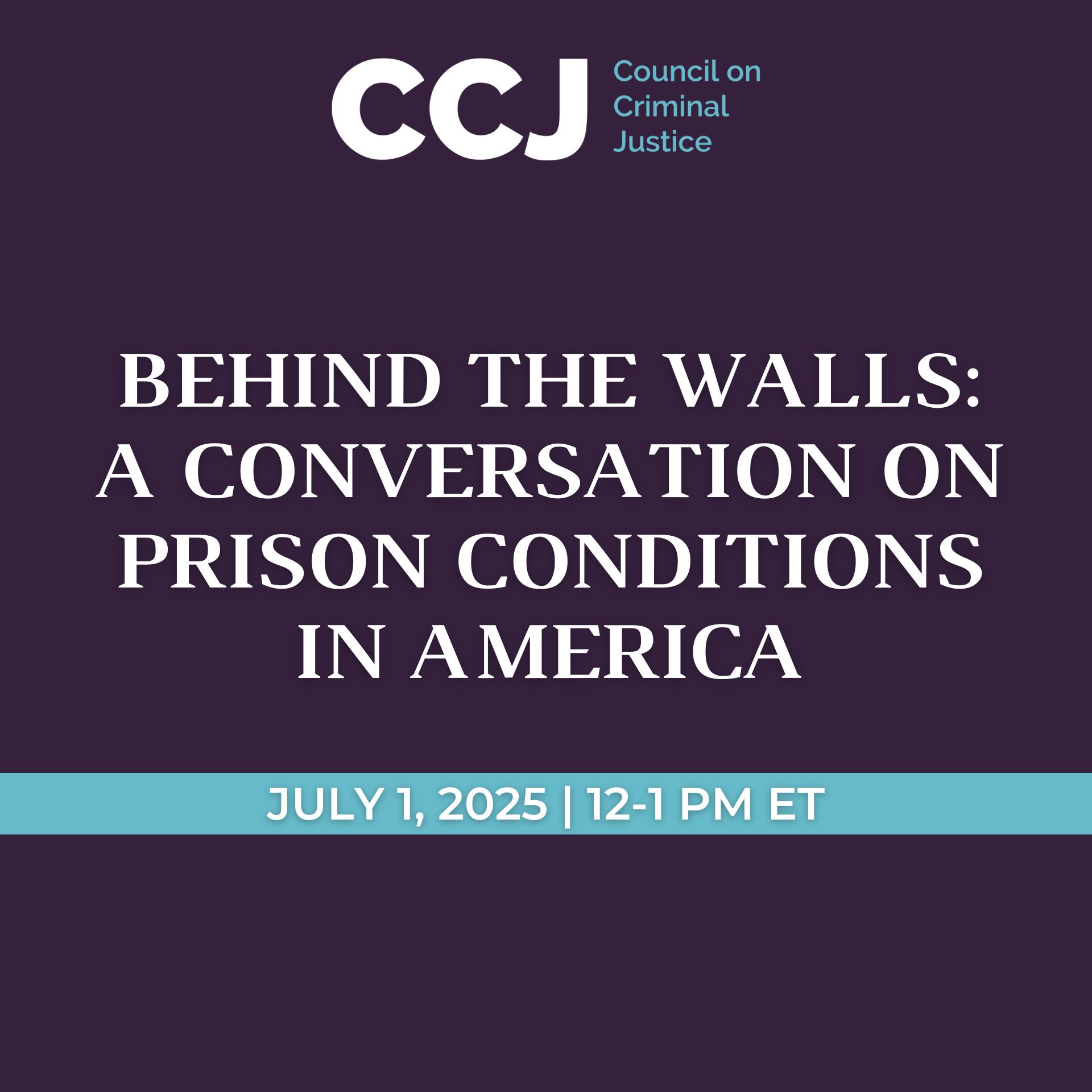Background
To better address the health needs of people as they rejoin families and communities after incarceration, lawmakers are seriously considering groundbreaking policy changes to Medicaid, the health insurance program for low-income individuals. Many people who become involved with the justice system come from low-income backgrounds, making them eligible for Medicaid, and also experience a high burden of disease. But since Medicaid’s creation in 1965, federal law has prohibited the program from covering services when people are incarcerated. During incarceration, individuals may remain enrolled in Medicaid, but Medicaid cannot finance services. Over time, health and public safety officials have argued that this exclusion creates gaps in care and unnecessary barriers to successful reentry.
Now, federal lawmakers appear closer than ever to revising that policy of exclusion. Congress is advancing a proposal to authorize Medicaid to cover services for incarcerated individuals before their release from prison or jail. More than half a dozen states are pursuing similar policies through proposals that would waive federal law. To help stakeholders navigate this transition, the Council on Criminal Justice (CCJ), in partnership with Viaduct Consulting and Waxman Strategies, is launching the Health and Reentry Project. The initiative will convene policymakers, health and criminal justice leaders, social and economic justice advocates, and people and communities affected by incarceration to identify implementation issues and approaches that can translate this once-in-a-generation change into improvements in public health and public safety.
What
The bipartisan Medicaid Re-Entry Act of 2021 (H.R. 955; S. 285), sponsored by Rep. Paul D. Tonko (D-NY), Rep. Mike Turner (R-OH), Senator Tammy Baldwin (D-WI), and Senator Mike Braun (R-IN), among others, passed the House in late 2021. It would bring about the first significant changes to Medicaid coverage for incarcerated individuals since the program’s launch by authorizing Medicaid to cover services for Medicaid-eligible people who are incarcerated 30 days before their release. More than half a dozen states are pursuing similar policy changes through Medicaid’s 1115 waiver process. As detailed below, the Council is undertaking the Health and Reentry Project to help guide adoption and implementation of these historic changes, with the goal of improving the health of incarcerated people, public health, and public safety.
Who
A wide range of people and institutions will benefit from the Health and Reentry Project, beginning with incarcerated Americans who are nearing their release from custody. While the Medicaid Re-Entry Act and similar state proposals do not change Medicaid eligibility, they would make it easier for states and counties to provide vital health services, including SUD treatment and services – provisions that are vital to addressing the epidemic of overdoses in the United States. Research shows that the period immediately following release from prison or jail is associated with poor health outcomes; one Washington state study, for example, found that during the first two weeks following release from prison, a formerly incarcerated person’s risk of death was 13 times higher than it was for the state’s other residents. Returning people to their communities with medical, mental health, and SUD supports in place – collectively referred to as a “warm handoff” to community care – can benefit both the individuals and society, as successful reentry reduces recidivism and improves public safety.
This Project
The partnership between the Council, Viaduct Consulting, and Waxman Strategies was forged to move the Medicaid Re-Entry Act from policy proposal to day-to-day reality. Our goal is to smooth the transition to the new policy across jurisdictions and foster innovation in service delivery at the intersection of Medicaid and correctional health. Successful implementation of these changes will require input from a range of criminal justice, health care, and other stakeholders, as well as from advocates and people who have experienced incarceration.
The first phase of the Health and Reentry Project will feature a multi-sector convening as well as a series of issue briefs explaining the implications of the proposed changes. The project will translate the feedback from stakeholders into policy recommendations and guidance on operational issues that must be addressed to ensure effective implementation.
These recommendations will be featured in a summer report that will be distributed to policymakers and organizations that work on health, criminal justice, racial justice, and economic justice issues. The recommendations also will inform subsequent phases of the project, which will focus on strategic implementation of the policy as well as a deep-dive analysis of key issues and how to advance service delivery innovations for people who are incarcerated.
For more information on the Health and Reentry Project, contact us at info@counciloncj.org.



